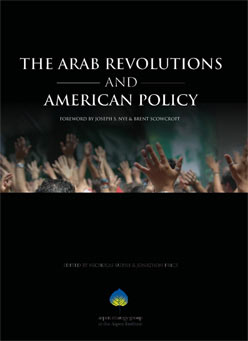Afghanistan and Pakistan: Short-Term Crises vs. Long-Term problems
The seminar will explore the background to America’s present military engagement in Afghanistan and our relationship over the last decade to nuclear-armed but unstable Pakistan. It will examine mistaken priorities and misplaced resources, and also how The U.S. failed to take into account the costs, complexity, and duration of military and political commitments to both states, as well as America’s lack of understanding of deeper social, cultural, and ideological trends in both states.
The loss of faith and confidence of the Afghan people in their government and international community will be considered, as will the extent of Pakistan’s support for the Taliban insurgency and its response to its own radical Islamist insurgency. Looking ahead, the participants will evaluate the options the US faces in the next year in Afghanistan, and beyond that in Pakistan, exploring the military, economic, and political strategies it will take to stabilize both states, or at least to avoid catastrophe (defined as total state collapse, further nuclear proliferation, and/or the accelerated rise of Islamic extremism and terrorism) . The seminar will explore the costs and risks of an early departure of US forces from Afghanistan and the proposed long-term economic and military assistance programs to Pakistan.
Moderators: Stephen Cohen, Senior Fellow, Brookings Institution and Marvin Weinbaum, Scholar-In-Residence, Middle East Institute
This seminar was held over three days, September 25-27, at the Aspen Institute’s Wye River Conference Center in Queenstown, MD. The seminar was offered to Congressional staffers and a limited number of the public. Click here to learn more about Senate Socrates seminars.

